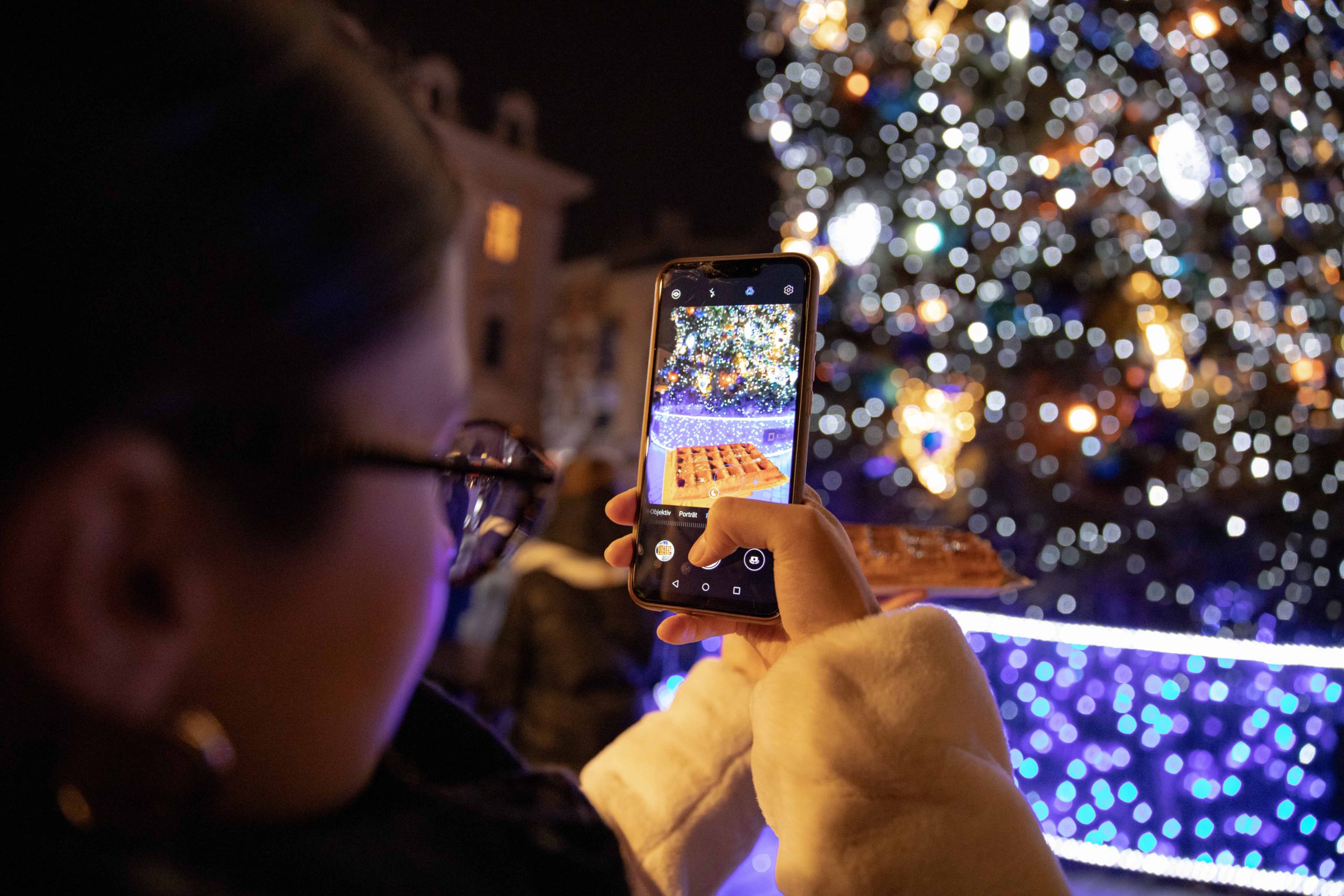After scrutiny of companies operating in the edtech, video game, e-commerce, and other tech sectors, China’s market regulators have examined operations within the cosmetic surgery space. On Monday, the State Administration for Market Regulation (SAMR) released information about business malpractice within this sector, including false cases that were posted on the app of So-Young, which connects users with plastic surgery clinics.
So-Young’s app also provides a social media platform for users who have gone under the knife multiple times. It serves as a space where people can create “beauty diaries” and post content about their surgeries and recovery processes. In all, there were 3.5 million diaries on So-Young in February.
This body of content contains falsified cases that are meant to drum up business for plastic surgery clinics. The SAMR issued small fines to two clinics whose employees fabricated cases on So-Young, with the penalties amounting to RMB 5,000 (USD 780) and RMB 25,000 (USD 3,900).
That’s not to say So-Young was off the hook. The company has been the target of criticism from state media and regulators in recent months for fostering “appearance anxiety,” particularly among young people.
The SAMR said in a statement on Monday that it examined nearly 5,400 cases in which it determined there were acts of unfair competition. A portion of this content was posted to social media and livestream platforms, utilizing faked or stolen images. In all, 71 entities that engaged in false advertising were fined a total of RMB 3.55 million, or USD 556,000.
A cursory search on Douyin, Xiaohongshu, and Weibo by KrASIA revealed that there are at least hundreds of thousands of pieces of content in text, still image, and video form on each platform that are about cosmetic surgery. The sheer volume makes it difficult for many viewers to determine whether they are consuming genuine or faked content.
Chinese state media has repeatedly criticized the way cosmetic surgery providers conduct business. The authors of an article published in September by People’s Daily said ads for plastic surgery services create unrealistic standards for beauty and cause anxiety about personal appearances. They specifically cautioned against ads that featured narratives of plastic surgery changing the lives of celebrities and suggesting that artificially sculpted facial features led to personal success.
So-Young is listed on the Nasdaq. In May, activist investment firm Blue Orca Capital published a 20-page short seller report, suggesting that So-Young’s app contains “widespread fake bookings” and that the company inflated its revenues. So-Young refuted the allegations.
Despite a surge in cosmetic surgeries during the COVID-19 pandemic in China, the stock price of So-Young has fallen 73% from this year’s peak in February.

